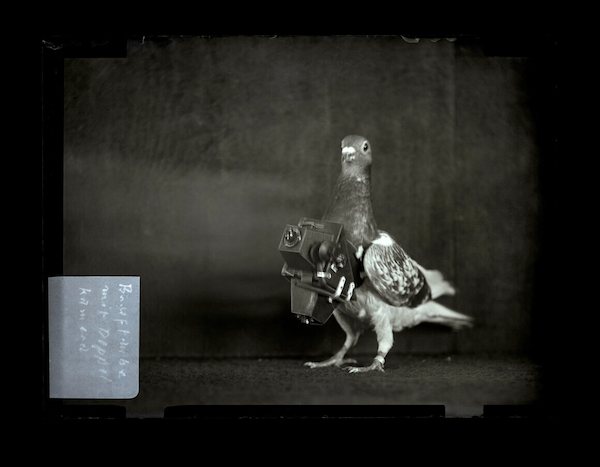Movie review by Greg Carlson
Theo Anthony’s thought-provoking Sundance Special Jury Award prizewinner “All Light, Everywhere” ponders a great many questions joining past and present, perception and reality, and beholder and beheld. Among its fascinating explorations is the link between the development of photographic processes and their application in the arenas of warfare and policing. Anthony contemplates the ways in which the design of the camera and the gun share several disturbing traits — extending well beyond the basic idea that both machines “shoot” when a trigger is engaged.
Constructed as a highly intelligent, highly inquisitive stream-of-consciousness personal essay, “All Light Everywhere” succeeds on the basis of Anthony’s editorial choices; the whole is greater than the sum of its parts, which by themselves constitute several chapters or mini-documentaries capable of dropping one’s jaw. If Anthony’s second feature can be distilled to a single penetrating thesis question, it has something to do with the “truth” of the photographed image. We have long been taught to accept the shaky premise that the camera records and transposes the objectively “real.”
Anthony is not the first theorist to shred that assumption, but the reason that “All Light, Everywhere” merits careful attention has much to do with the film’s timeliness. As America continues to be choked by routine gun violence and murders of citizens by the very police officers sworn to protect and serve them, the film upends the argument that body cameras and the data they capture benefit and safeguard the taxpayer by holding law enforcement to some degree of accountability.
A visit to Arizona-based Axon Enterprise, Inc. supplies one of the movie’s meatiest segments. Rebranded from TASER International, Inc. (the original acronym referenced Tom Swift’s Electric Rifle as described in a 1911 novel for young adults), Axon not only manufactures and markets electroshock weapons and user-worn cameras, it has expanded into the “cloud-based digital evidence management system” Evidence.com, a rather ominous repository of the images captured by organizations outfitted with Axon cameras. The implications of this technology-driven, information-based phenomenon and the inevitability of the perpetuation of unchecked racist and classist institutional power send an icy chill up the spine.
Anthony’s level of access to Axon, as seen through the slick and eager salesmanship of executive Steve Tuttle, at first seems almost too good to be true. Why, we wonder, would this company be so willing to open its doors to a filmmaker whose point of view is almost certain to oppose Axon’s well-practiced rhetorical jargon? The answer may have to do with Axon’s commanding perch within the industry and its Orwellian doublespeak concerning a definition of “transparency” quite some distance away from the objectivity implied by the use of the word.
“All Light, Everywhere” is itself an artifact of our culture of observation and monitoring — something not lost on Anthony as his crew attends a Baltimore community meeting in which Ross McNutt from Persistent Surveillance Systems attempts to sell understandably skeptical neighbors on the “value” of constant aerial recordings of the streets below. Anthony integrates these contemporary illustrations with doses of history, from motion studies to military pigeons to mug shots, that connect the dots with almost cosmic sweep.
